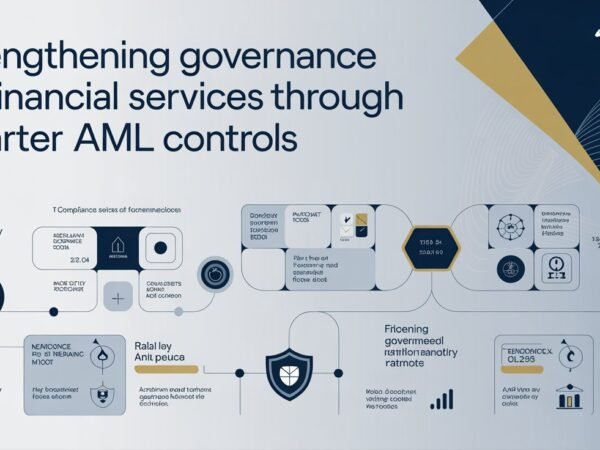Did you know 82% of businesses fail due to poor cash flow management? You might think financial management is just about crunching numbers, but it’s much more nuanced and essential for your business’s success. When you master financial literacy and management, you gain the power to make informed decisions that directly impact growth and sustainability. So, how exactly can you sharpen these skills to navigate the financial landscape and secure your business’s future? Let’s explore how financial management training can transform your approach to handling risks and seizing opportunities.
Importance of Financial Literacy
Understanding the importance of financial literacy is crucial for making informed and strategic financial decisions. It empowers you to manage your finances effectively, ensuring you can allocate resources wisely and plan for future needs. With a solid grasp of financial planning, you’re better equipped to set realistic goals and prioritize spending, saving, and investing. By analyzing your income and expenses, you can identify areas for improvement and make adjustments that align with your long-term objectives.
Financial literacy also involves understanding the various financial products and services available, which can help you choose suitable options for your situation. Developing this knowledge allows you to navigate financial challenges confidently, reduce risks, and enhance your ability to achieve economic stability and growth over time.
Key Financial Management Skills
A firm grasp of financial literacy lays the groundwork for honing critical financial management skills. You must strategically manage cash flow to ensure your business remains solvent and agile. Monitoring cash inflow and outflow allows you to predict financial bottlenecks, enabling timely interventions.
Equally crucial is understanding profit margins, as they reveal the true profitability of your products and services. By analyzing these margins, you can identify areas for cost reduction or price adjustments, maximizing your bottom line. Cultivating these skills helps you make informed decisions, aligning financial strategies with business goals.
Effective Budgeting Techniques
Effective budgeting techniques frequently serve as the backbone of strong financial management. To optimize your budget, begin by analyzing every expense meticulously. Identify areas where cost-cutting is feasible without compromising quality. This strategic approach helps reallocate resources to more critical business functions.
Monitor cash flow closely to ensure there’s always sufficient liquidity for operations. A detailed cash flow analysis allows you to foresee potential shortfalls and adjust your budget accordingly. Consider using software tools for precise tracking, highlighting spending patterns and inefficiencies.
It’s essential to review your budget regularly and adapt to changes in the business environment. You’ll maintain financial stability and support your business’s long-term success by strategically managing expenses and cash flow.
Risk Management Strategies
Navigating the complexities of financial management requires a keen focus on risk management strategies. Contingency planning is necessary to prepare for unforeseen events and ensure business continuity.
Analyzing potential risks involves securing adequate insurance coverage to mitigate financial losses. Implement diversification to spread your investments across various sectors, reducing dependency on a single income source. This approach minimizes the impact of market volatility on your portfolio.
Hedge your bets using hedging techniques, such as options or futures contracts, to protect against adverse price movements. Adopting these strategies requires a strategic mindset and attention to detail.
Prioritize identifying potential risks and developing a comprehensive risk management plan to safeguard your business’s financial health and ensure long-term success.
Leveraging Investment Opportunities
Tapping the right investment opportunities can significantly boost your financial portfolio’s growth and resilience. To strategically leverage these opportunities, start by conducting a thorough market analysis. This involves examining trends, economic indicators, and sector performances to identify areas with potentially high returns.
Diversifying your investments is crucial; don’t put all your eggs in one basket. Spreading investments across various asset classes and sectors mitigates risks and enhances potential gains. Be proactive in monitoring market shifts and adjusting your portfolio accordingly.
Stay informed about global economic changes that might impact your investments. Always align your investment choices with your financial goals and risk tolerance. Remember, a well-diversified portfolio is your best defense against market volatility.
Conclusion
You’ve explored the importance of financial literacy and honed vital management skills, all coincidentally aligning with your business goals. You’re surviving and thriving by mastering budgeting techniques and risk management strategies. It’s fascinating how each investment opportunity you leverage seems tailor-made for your growth. With this strategic foundation, you’re navigating challenges and ensuring long-term success. Isn’t it intriguing how financial management training coincidentally sets the stage for your business triumphs?













